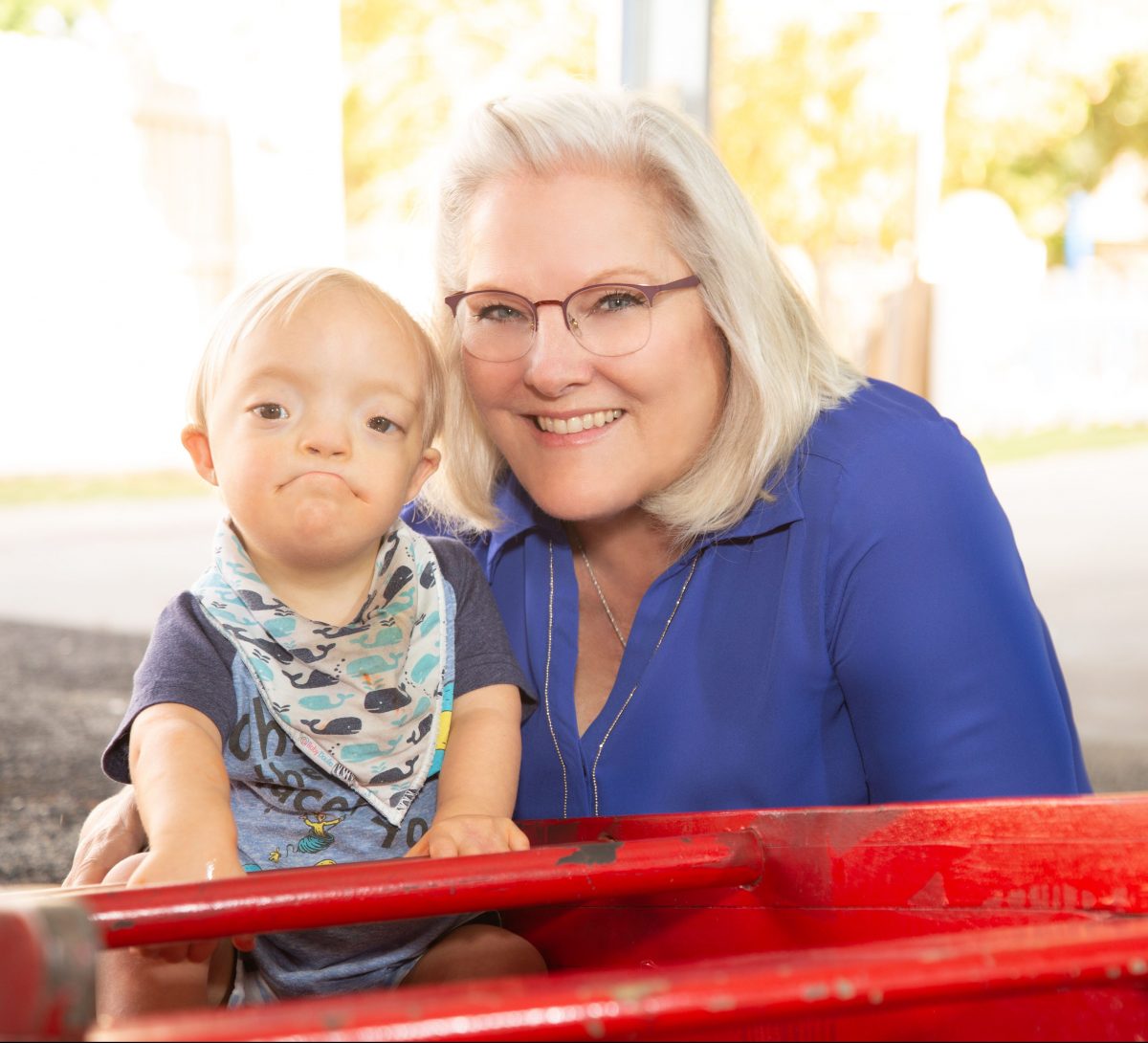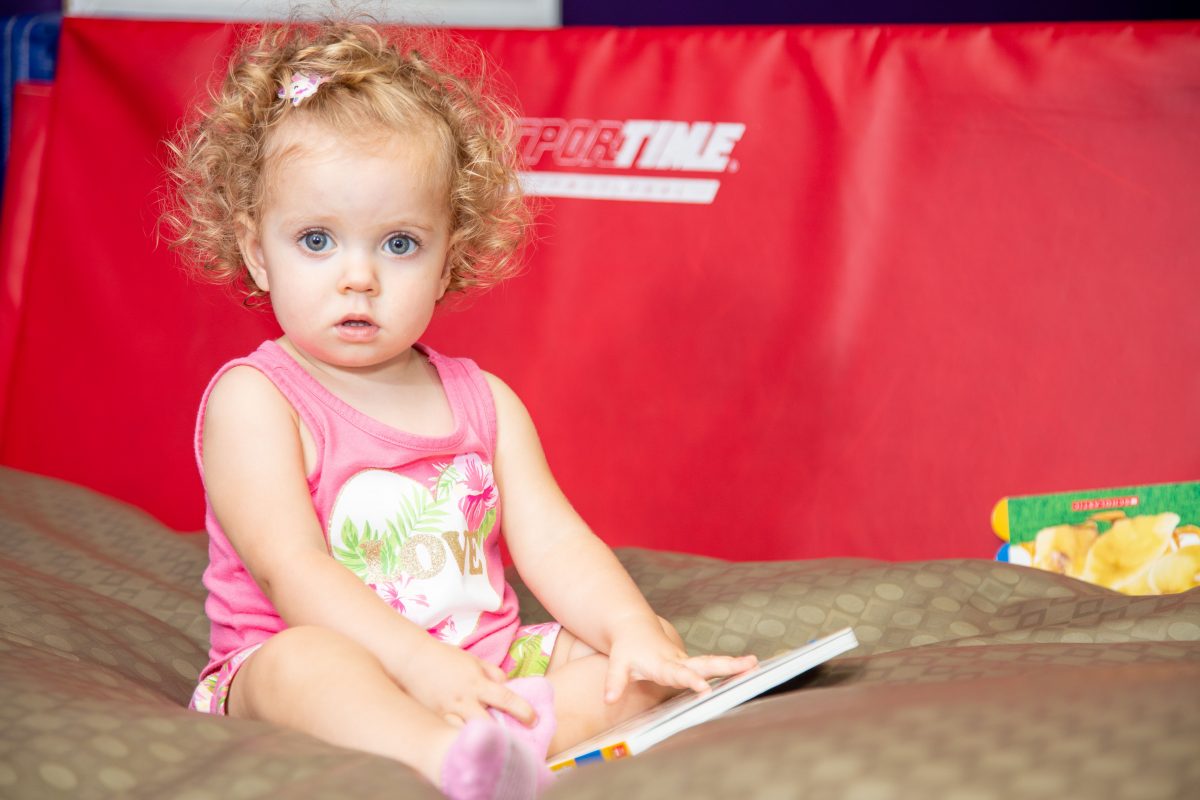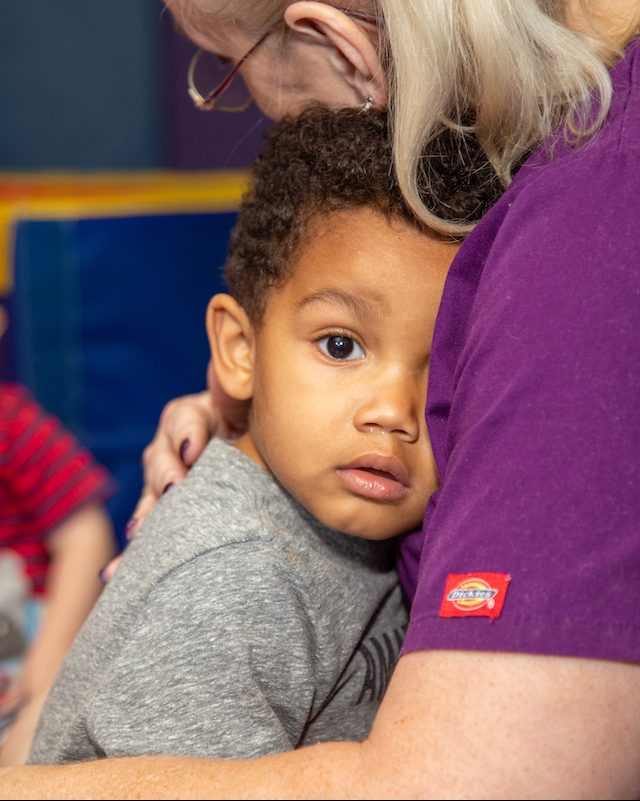It is a quality that is almost inherent in parenting. Namely, a consuming desire that our children realize their potential and are prepared for all the challenges and opportunities that life has to offer. Wherever our children are on the emotional, intellectual or physical spectrum, no one believes in the possibilities that lie before them, like parents and those special individuals who dedicate their lives to its full realization.
For Terri Clark, the executive director of the Space Coast Early Intervention Center, who for 25 years was a Brevard County Public School teacher, it is both personal and professional. While a student at Eau Gallie High, she first began working with developmentally disabled students, then she pursued an undergraduate degree in psychology and a graduate degree in special education.

However, what tipped the scale was when she was told her son, who was then in the second grade, would never graduate from high school because he couldn’t learn to read. “I chose not to believe that,” Clark said, “I knew God was the only one who determines my son’s future.” Apparently, she and God knew something others did not see, as today her son has not only graduated from high school, he earned a scholarship to Stetson University, then went on to the University of Florida where he earned his MAB.
Clark found a “Brain Trainer” for her son, someone who teaches and coaches children and adults who have atypical learning styles. As she said, “It is like a personal trainer for your brain.” She later opened a business that provided those services for her son and others, before she became the Executive Director at the Early Intervention Center.

A unique learning environment
A board member of the Center had a child who was receiving help with Clark’s brain training services and asked her to serve on the board. After two years, when the acting executive director left, she asked to be considered for the position. Her vision and passion had been to run an inclusion school and to expand the Center beyond a pre-school, to an elementary school. Today the Center goes through the third grade.
“We are an inclusion school, meaning 50% of our population are developing and fifty percent have some form of a developmental disability,” Clark explained. “We deal with autism, down syndrome, attention deficit, oppositional defiance and physical impairments, as well as exceptional students. We don’t care what the disability is; we develop a program and curriculum that is child centric, versus trying to fit the child into a predetermined curriculum.”
Research has shown that when typical, what we might call children who are developing normally, are placed in environments with those having developmental challenges, both groups benefit. The typical children develop leadership and empathy skills, while the disabled children are encouraged to excel. “Whether a child is reading at three years old or struggling to read at seven, our children learn that everyone is different,” she said.

The center has extremely low student to teacher ratios. In fact, in its infant room, there is one teacher for three babies and in all the classes there are three teachers. This and the fact that therapists work with students at the Center to normalize the therapy process are factors which create a unique and effective learning environment.
Currently, the center serves 118 children with 45 employees, a growth of almost 100% since Clark became director.
“Having raised a child who had the need for specialized therapy, I found that when the school day ended, their day was just beginning. By bringing therapy into the classroom, it helps the child and the parent, and enables children to participate in extracurricular activities that otherwise they would have missed out on,” she said.
To Clark, early identification of a child’s needs and challenges, along with a personalized strategy for both the student who excels and the ones who may fall behind, is the key to lifelong success.











